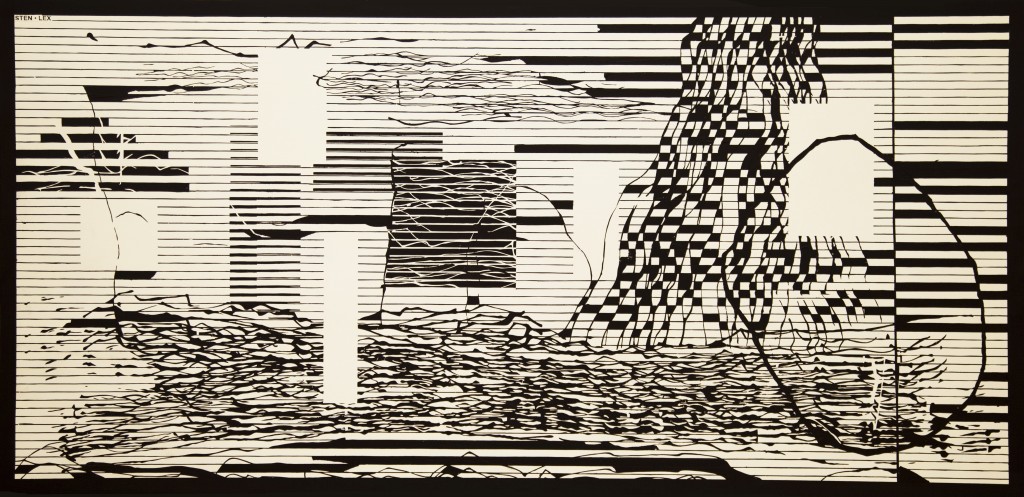“In the course of my life I have met no more than one or two people who understood the art of walking, that is, of taking walks, who had the genius, so to speak, of wandering.” H.D. Thoreau.
Abstractionism, if you think about it, is a particular form of wandering. It is a special freedom that allows the painter to walk the surface he has chosen, without having to pay any mimetic tribute to the reality that surrounds him. And yet, from the passages of Walter Benjamin onwards, that is, since the figure of the flâneur was codified, the act of wandering never implies the absolute renunciation of giving oneself a direction.
The flânerie always implies exploration, that is, the active observation of the surrounding environment; so in the same way, abstract art aims to critically explore the pictorial surface in its two main existential dimensions: the physical one – material, formal, technical, stylistic – and the metaphysical one – imaginary, ideal, symbolic, interior. What happens if these two types of wandering coincide? Above all, when can we say that they coincide?
The actions and creations of Eltono and Sten Lex are emblematic in this sense because both are born precisely in this curious intersection of road and sign wanderings; both abstractionists, but they are also both artists of the urban public space. Sten Lex applied to the skin of the city the intriguing tattoo of a formal and coloristic experimentation that ranges from gribouillis to optical, from black and white to the most recent – and unprecedented – polychrome proposals. For Eltono, on the other hand, the city – in this case Bari Vecchia – is the theater of a real flânerie, generated by the throwing of a dice, which the artist uses to decide which alley to turn and get lost: the works on display depict precisely the trace of the random itineraries traveled by the artist.
Although different in method and outcomes, both approaches of which this exhibition is the spokesperson seem to arise from a common need: to confuse the material space of urban daily practice with the mental and creative space of artistic experimentation.
